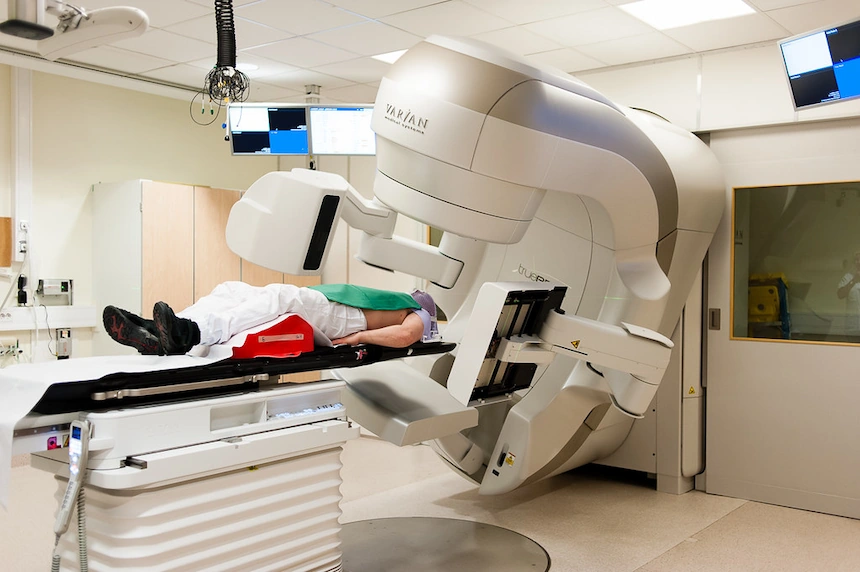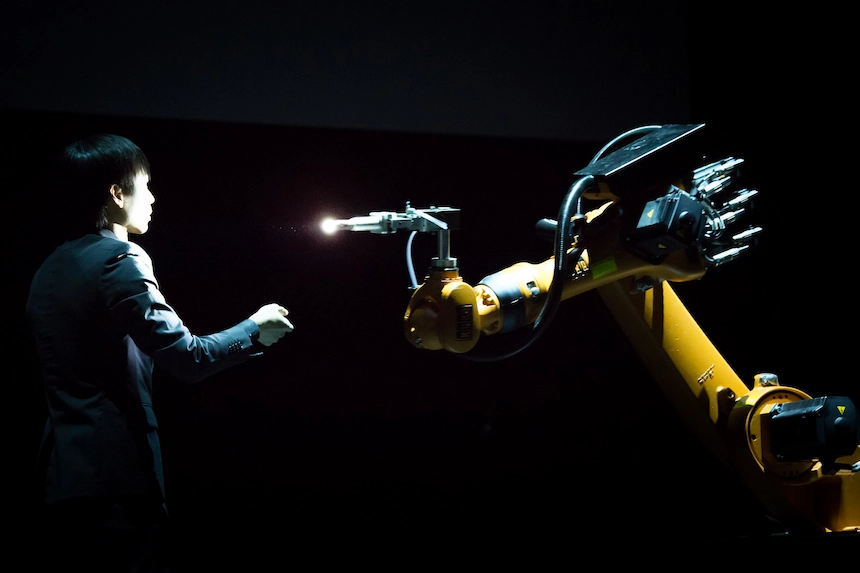Artificial Intelligence (AI) is reshaping industries globally, offering unprecedented advancements while introducing challenges that societies, organizations, and governments must navigate thoughtfully. AI’s capabilities are most evident in fields like healthcare, employment, organizational behavior, and economic systems, where it automates complex processes, enhances productivity, and fosters innovative solutions.
Yet, these transformations are not without substantial ethical, social, and economic concerns, including job displacement, privacy risks, and a shift in required workforce skills. The following analysis explores AI’s impacts on key sectors, drawing insights from recent research to understand the long-term implications of AI for both individuals and society.
Economic forecasts estimate that AI could contribute approximately $13 trillion to global economic output by 2030.
At its core, AI’s expansion prompts critical questions about balancing progress with human-centered values. For instance, while AI in healthcare can revolutionize diagnostics and treatment plans, its reliance on personal data raises issues of patient privacy and data security.
Similarly, AI’s role in workplaces introduces efficiencies and streamlines decision-making but could also redefine worker autonomy and employment structures. To understand and address these challenges, this analysis examines the dual nature of AI’s impact across four critical areas: healthcare, employment, organizational dynamics, and economic growth.
AI in Healthcare: Benefits and Ethical Concerns
AI applications in healthcare are revolutionizing the medical field by supporting diagnosis, treatment planning, and operational efficiencies.

Machine learning models, for example, assist in diagnosing diseases such as cancer and neurological conditions with impressive accuracy, supporting faster and more effective clinical decision-making. Notably, one AI model achieved a 93.8% accuracy rate for detecting markers associated with colorectal cancer, demonstrating the potential for AI to enhance early detection and improve patient outcomes (Rahman et al., 2024).
Beyond diagnostics, AI contributes significantly to healthcare logistics, reducing patient wait times, streamlining workflows, and allowing professionals to focus more on patient care than on administrative tasks. For example, algorithms that handle patient intake data and prioritize cases can prevent bottlenecks in emergency departments, ultimately improving service quality and saving lives (Morandini et al., 2023).
However, AI in healthcare is not without serious ethical and operational concerns:
- Data Privacy Risks: The reliance on large, often sensitive datasets raises concerns about data security. Breaches involving health records could expose patients to privacy violations and, in some cases, identity theft, necessitating rigorous data protection protocols (Shen & Zhang, 2024).
- Accountability in Clinical Decisions: AI-assisted diagnoses introduce complex liability issues, especially when misdiagnoses or errors occur. For instance, an error in diagnosing heart arrhythmias due to an algorithm’s limitation could have life-threatening consequences, complicating the accountability of both healthcare providers and AI developers (Bankins et al., 2023).
AI and Employment: Job Displacement and Emerging Opportunities
The rapid integration of AI across industries is reshaping labor markets, automating routine tasks, and creating demand for specialized skills.

While automation promises increased productivity, it also introduces the risk of significant job displacement, particularly in lower-skilled roles. Many organizations have begun to automate repetitive tasks, which, while improving efficiency, disproportionately impacts employees in administrative and operational roles (Hui et al., 2024).
Future research should focus on understanding the long-term implications of AI on labor markets.
Conversely, the emergence of AI-centric roles reflects the growing demand for high-skill labor in fields like data science, machine learning, and AI development.
This demand for specialized expertise signifies a shift in the labor market toward roles that require technical proficiency and adaptability. Notably, upskilling and reskilling initiatives are essential as they equip the workforce with the competencies needed to thrive in increasingly AI-driven environments (Deranty & Corbin, 2022).
To further explore the future of employment in an AI-augmented world, consider the following points:
- Automation of Routine Tasks: The adoption of AI for repetitive tasks in sectors like manufacturing and customer service poses risks for those traditionally employed in these areas (Starace et al., 2024).
- Demand for High-Skill Roles: As AI integrates into various functions, high-skill positions requiring advanced analytical abilities and technical expertise are emerging, signaling a shift toward specialized employment that may exacerbate skill gaps and wage disparities (Attard-Frost et al., 2024).
The future of work will increasingly depend on dynamic workforce development, with a focus on continuous learning and adaptable skills to minimize socio-economic disruptions caused by AI adoption.
Organizational Transformation Through AI: Efficiency and Control Mechanisms
Incorporating AI within organizational practices transforms workflows, decision-making, and management systems. Organizations leveraging AI report heightened productivity, with systems automating tasks from predictive maintenance in industrial settings to quality control in manufacturing. By relying on data-driven decision-making, organizations can improve accuracy and consistency in their operations (Yakhshiboyev & Ermetov, 2024).
However, AI’s role in algorithmic management introduces new challenges concerning employee privacy and autonomy. For instance, systems that monitor employee productivity through continuous data analysis can create an environment of constant surveillance, potentially leading to decreased job satisfaction and increased turnover. Algorithmic management systems, while efficient, often lack transparency, raising concerns about fairness in task allocation and performance evaluation (Zarifhonarvar, 2024).
To balance the positive and negative aspects of AI in organizational settings, consider:
- Productivity Gains: Automated systems enable organizations to optimize resources and enhance productivity, particularly in manufacturing and logistics (Morandini et al., 2023).
- Challenges of Algorithmic Management: AI-driven oversight can erode worker autonomy and reduce transparency, impacting employee morale and increasing workplace tensions.
Organizations are encouraged to approach AI integration with transparency, ensuring that AI systems complement rather than replace human expertise, fostering an environment where AI assists in enhancing human capabilities.
Economic Implications: Growth, Innovation, and Policy Recommendations
As a driver of economic growth, AI’s potential for enhancing productivity and fostering innovation is substantial. Economic forecasts estimate that AI could contribute approximately $13 trillion to global economic output by 2030, primarily by automating complex tasks, optimizing production processes, and streamlining service delivery (Rahman et al., 2024).
However, maximizing AI’s benefits while mitigating its socio-economic risks requires balanced regulatory frameworks. For example, policies designed to protect workers in roles vulnerable to automation are essential for inclusive economic growth. Similarly, robust social safety nets can support individuals in transitional phases, such as unemployment insurance or retraining programs, helping to bridge the gap as economies adjust to AI-driven changes.
Policy recommendations for AI’s economic integration include:
- Fostering Inclusive Growth: Policies encouraging fair labor practices and economic inclusivity can help minimize disparities, especially as high-skilled roles become more prominent.
- Regulation of AI Decision-Making: Ensuring transparency in AI-driven hiring and management decisions will mitigate risks of bias, creating a fairer, more equitable workplace.
In sum, establishing policies that support innovation while ensuring fair labor practices can help align AI-driven economic progress with broader societal goals. As AI’s influence on economic systems grows, governments and organizations must consider the societal and ethical dimensions of technological advancements.
Conclusions and Future Directions
AI’s integration across healthcare, employment, organizations, and economies demonstrates its transformative potential, though these advancements require responsible management.
Ethical frameworks are essential in healthcare to address privacy and accountability issues. In employment, policies supporting continuous learning and workforce adaptation are crucial to minimizing displacement risks. For organizations, transparency in algorithmic management can foster more equitable and supportive work environments. Lastly, balanced economic policies are necessary to ensure that AI’s benefits are broadly accessible.
Future research should focus on understanding the long-term implications of AI on labor markets, evaluating the effectiveness of regulatory frameworks, and exploring the evolving relationship between AI systems and human labor.


